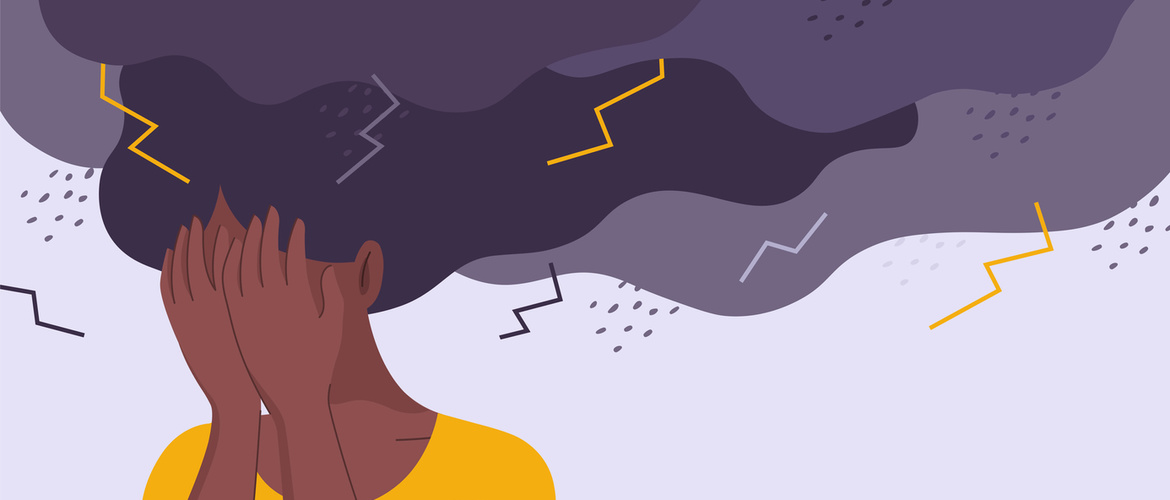
We need strategies to encourage African Americans, and men in particular, to access mental health services for depression. Suffering in silence should not be an option. The new technology of texting and the traditional resource of faith-based communities may both play a part.
The lifetime prevalence of major depressive disorder is lower among black Americans of Caribbean or African ancestry (12.9% and 10.4%, respectively) than it is among non-Hispanic white Americans (17.9%).1 But the chronicity of MDD is higher among the black population, and people with depression in these minority groups are less likely than their white counterparts to receive treatment.1
In the representative national survey of more than six thousand people which led to these conclusions, fewer than half the African American respondents who met MDD criteria -- and fewer than a quarter of those of Caribbean ancestry -- were having any form of therapy for depression.1 Yet, when compared against white respondents, both minority groups were more likely to rate their MDD as severe or disabling on Sheehan and WHO scales.1
A recent overview of the epidemiology comes to a similar conclusion: in the USA, the burden of disability from untreated MDD is heaviest among minority populations.2
The burden of disability from untreated MDD is heaviest among minority populations2
Formal and informal sources of help
Underutilization of mental health services is particularly evident among depressed African American men.3,4 This group has the highest all-cause mortality of any racial or ethnic group in the country, suggesting a wider problem with willingness or ability to access services.3
Possible reasons include discrimination, cultural mistrust, misdiagnosis, and affordability. But, in the case of mental health in particular, stigma may play a major part, with depression considered not as illness but as weakness.5 There is also evidence that African Americans – while hesitant about accessing professional mental health services -- are positively disposed towards informal coping strategies based on religious faith or institutions.5
Such findings suggest possible ways of encouraging people to disclose and discuss mental health problems like depression. Two innovations in particular were considered in a session at APAAM 2021.
Texting overcomes barriers to screening by providing a private space for disclosure of sensitive information
Technology and faith
Louis Belzie (Brookdale Medical Center, Brooklyn, New York, USA) described a recent study from the University of Southern California conducted among 206 people from underserved communities.6 It suggested that administration of the PHQ-8 scale via text message could provide an inexpensive and effective way of screening for depression.
Technology might overcome barriers to screening by providing an impersonal space that encourages disclosure of sensitive information, he suggested.
A second initiative was presented by Myriane Isidore (Brooklyn, New York) "who saw a growing role for faith-based institutions in encouraging openness about mental health problems and the possibility of privately discussing treatment options with community leaders trained in the importance of accessing professional help."
MDD: Major depressive disorder
WHO : World Health Organization
USA : United States of America
PHQ : Patient Health Questionnaire
APAAM : American Psychiatric Association Annual Meeting
BE-NOTPR-0096 , approval date : 10/2021
